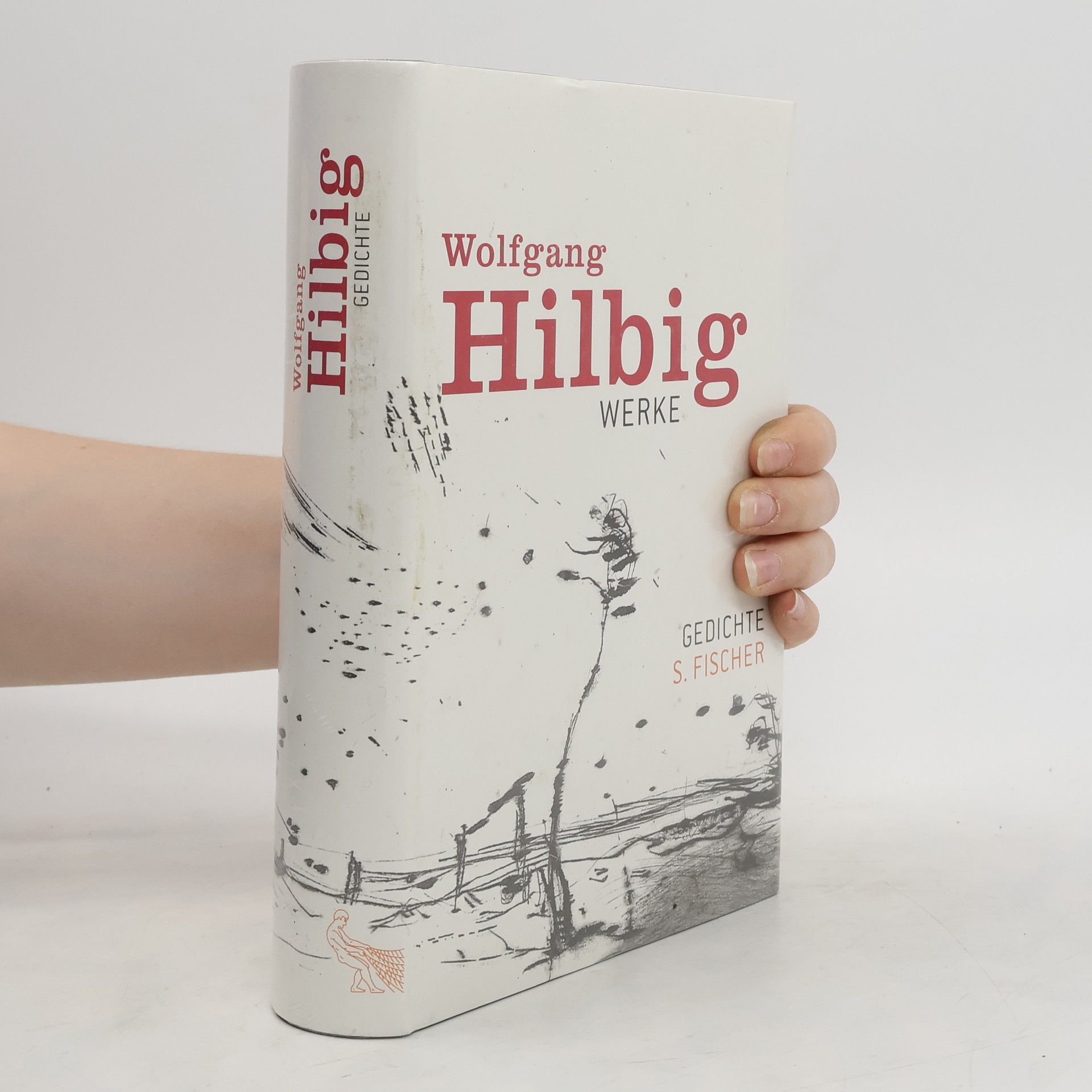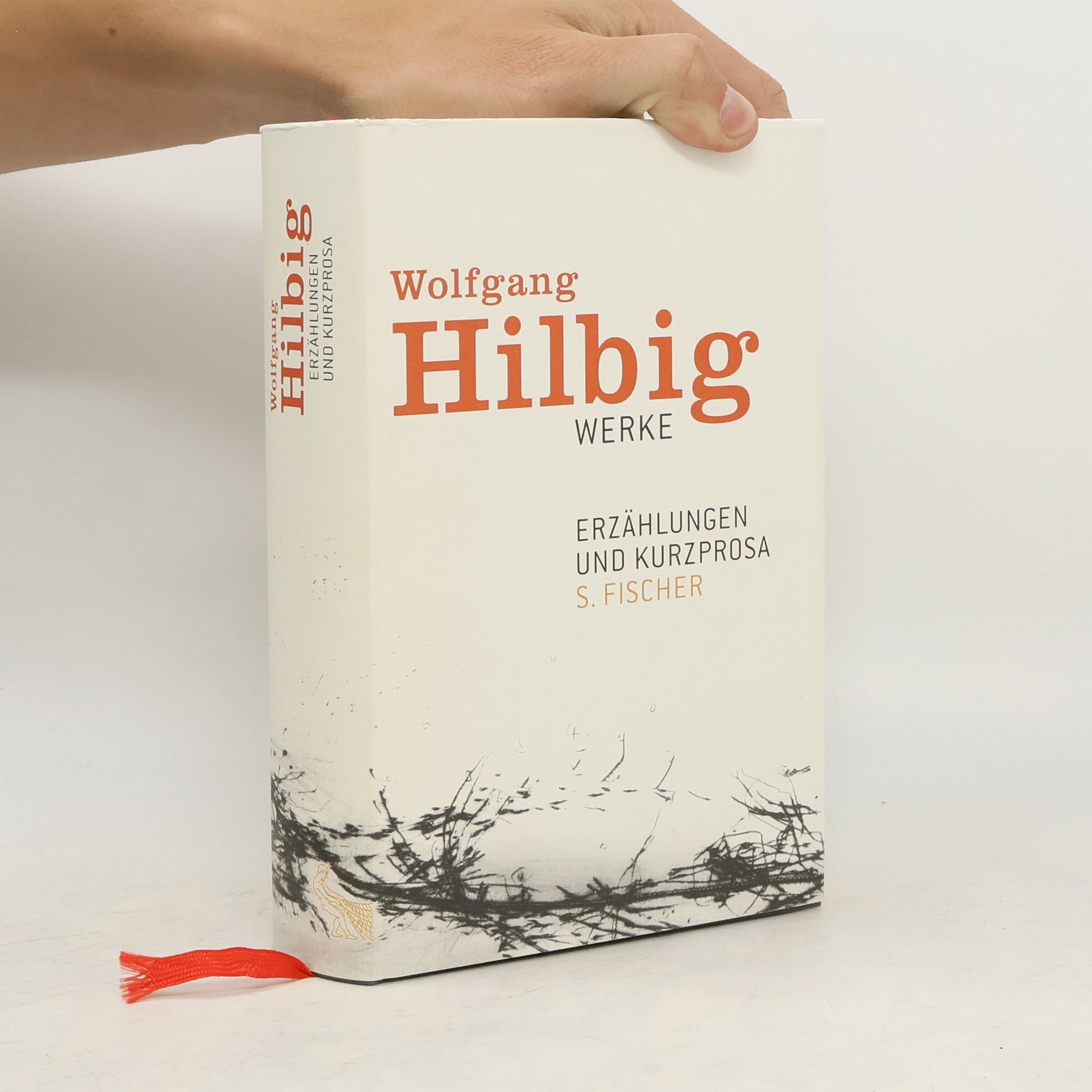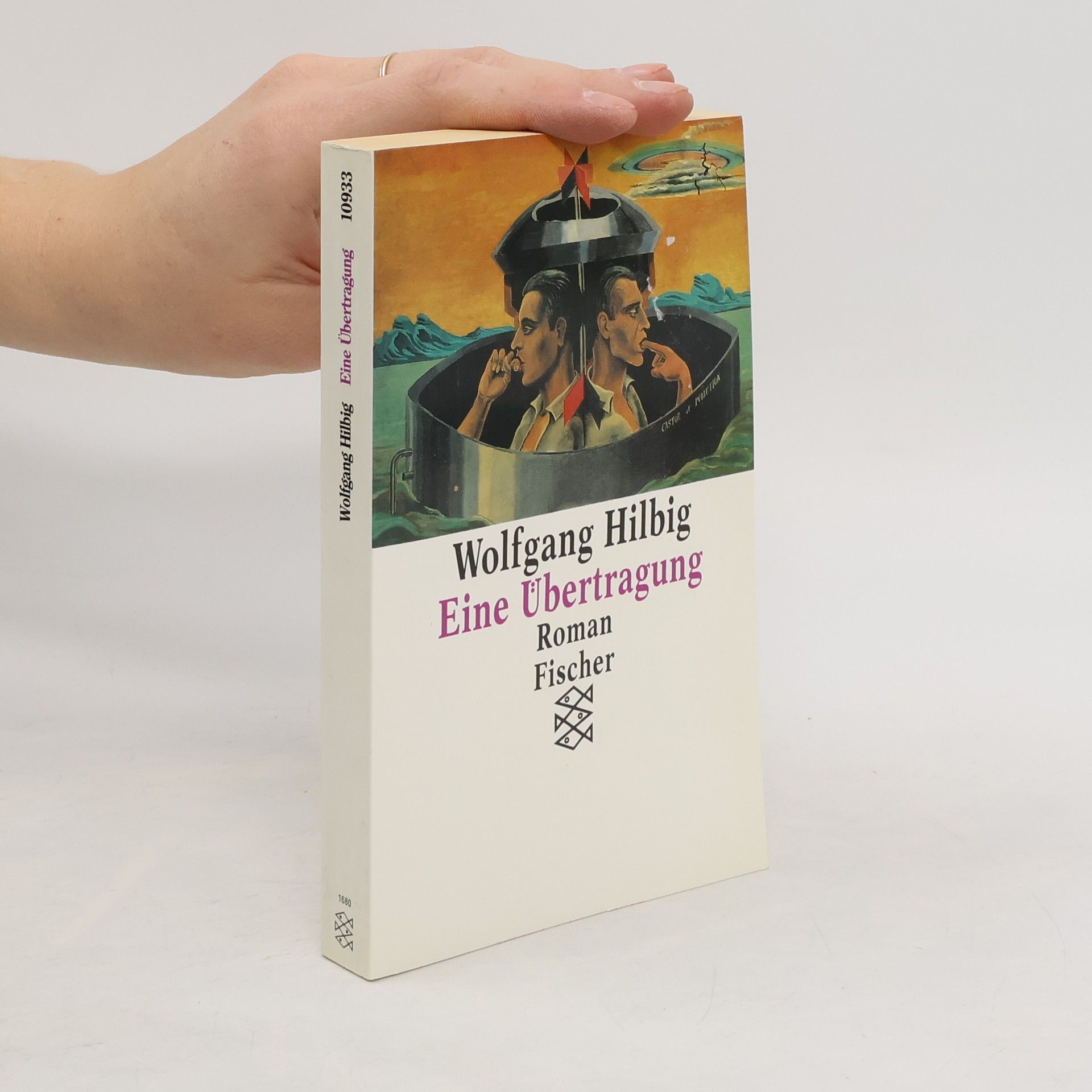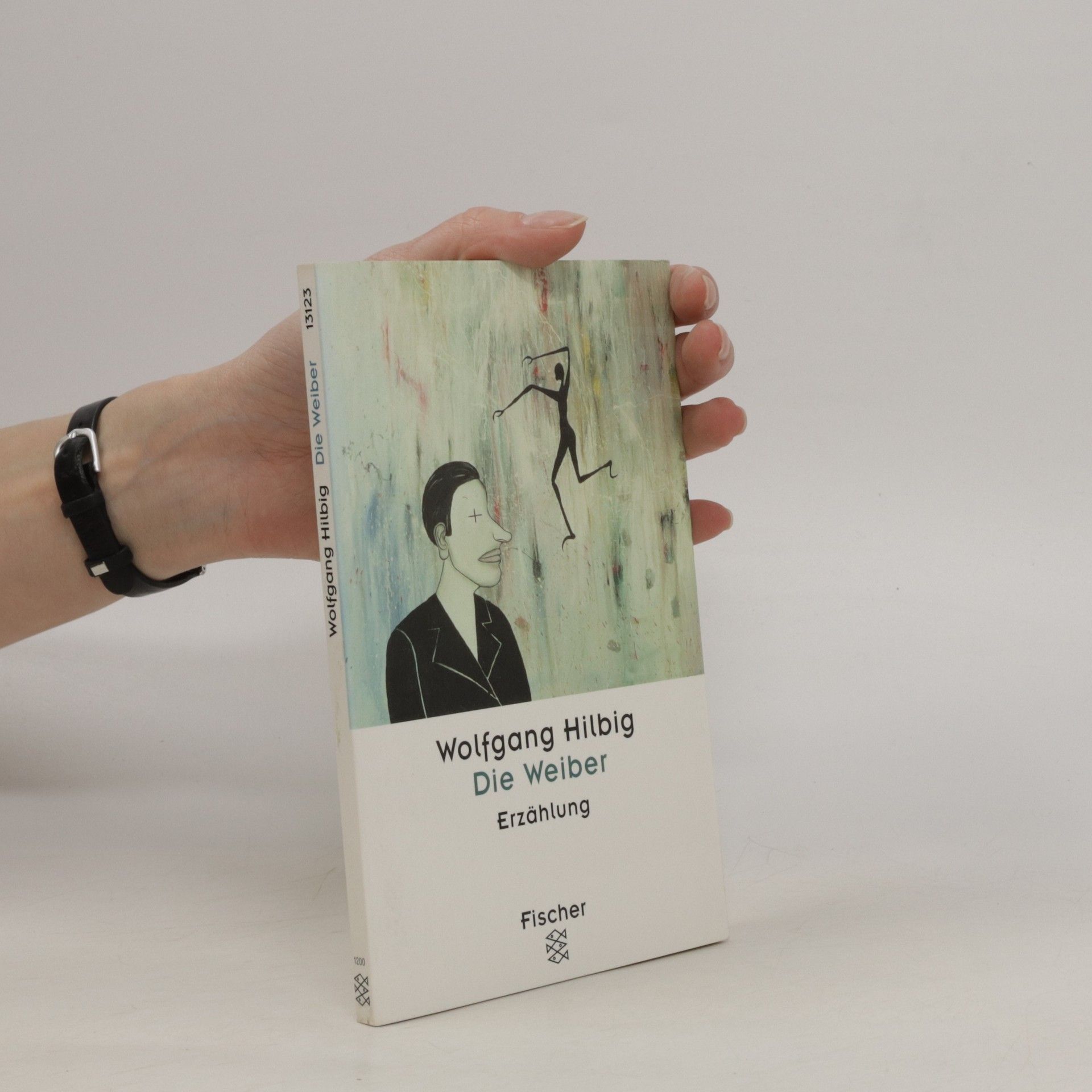The Interim
- 290 páginas
- 11 horas de lectura
Exploring themes of lust, spirituality, and the complexities of modern existence, this work delves into the author's struggles with statelessness, addiction, and capitalism. It draws on the literary traditions of notable figures like Heinrich Böll and Imre Kértesz, offering a profound reflection on the writer's role in a world filled with deception. The narrative's digressive style invites readers to engage deeply with its multifaceted commentary on life in postwar Germany and the broader human experience.










